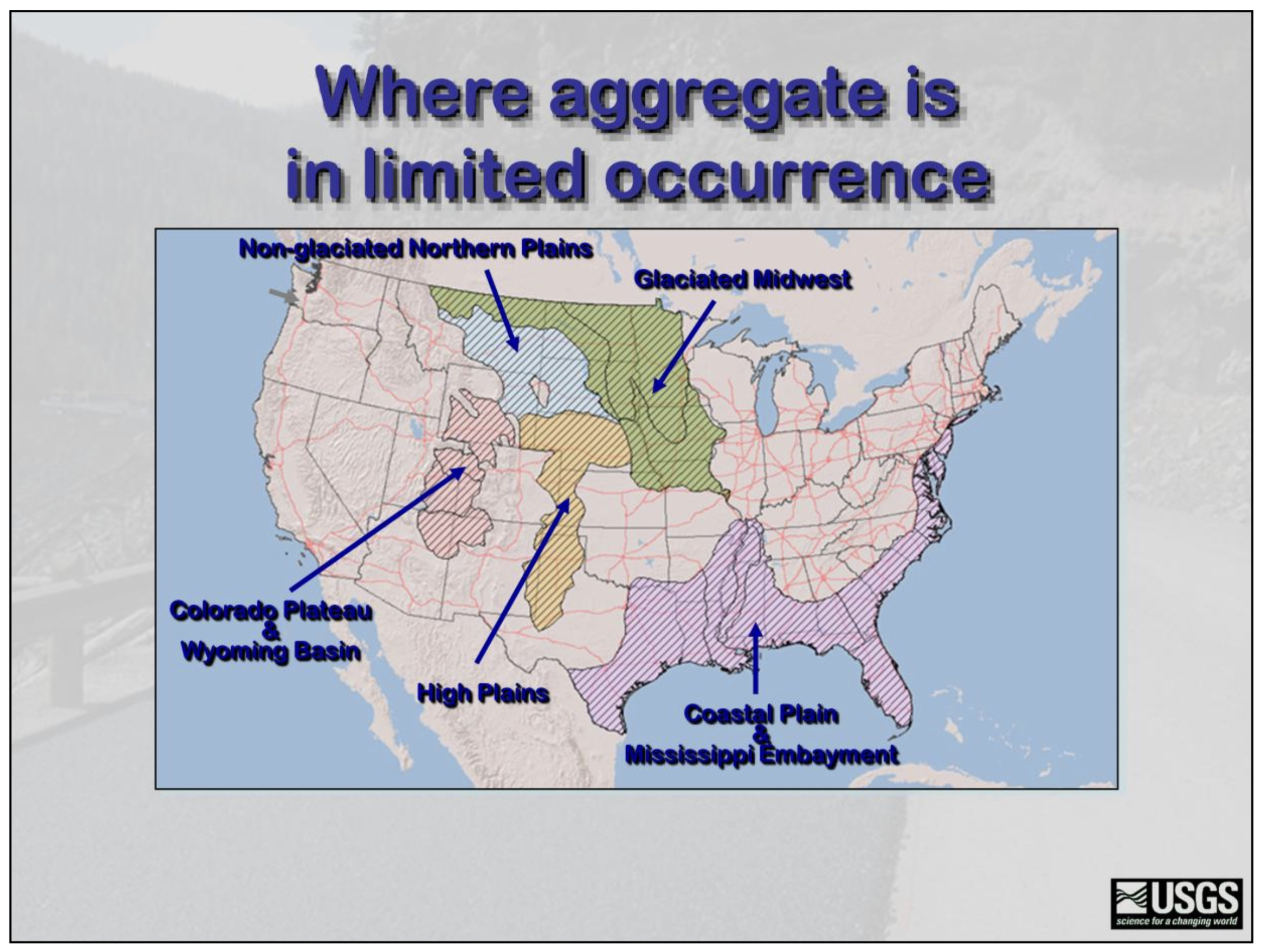The U.S. Senate is in the middle of considering the “Endless Frontier Act” (S. 1260) – an umbrella bill assembled by Majority Leader Charles Schumer (D-NJ) that addresses a lot of issues about U.S. economic competitiveness, particularly with China. Its public focus is technological competitiveness (microchips, etc.).
But a new, 1,420-page substitute version of the bill offered by Schumer this week when the bill reached the Senate floor adds a lot of new provisions from various Senate committees – including a comprehensive overhaul of “Buy America” rules from the Homeland Security and Governmental Affairs that could make it much more difficult for the construction industry to use basic construction materials (cement, gravel, crushed stone) that were not sourced in the USA.
Buy America is the term given to a variety of “domestic content” requirements attached to federal infrastructure grants starting in the 1970s (see this article for the full story on their origins). The Federal Highway Administration Buy America statute is in 23 U.S.C. 313 and states that no federal funds can be used for a highway project “unless steel, iron, and manufactured products used in such project are produced in the United States.” No mention is made of raw materials like aggregate.
And where finished products are concerned, the current FHWA Buy America rule, published in the Federal Register in 1983, states that “Raw materials used in the steel and/or cement product ” are not subject to Buy America, and that waivers of the BA requirement may be sought on a regional basis.
Since there are currently different Buy America laws for each mode of transportation, each BA law is tailored to fit the unique needs of that mode and was written by the committee responsible for that mode. (The highway BA rule was written by the Senate Environment and Public Works Committee.) But the pending Senate bill would replace that with a one-size-fits-all Buy America rule from the Homeland Security and Governmental Affairs Committee. And the new bill would provide that “Not later than 180 days after the date of enactment of this Act, the head of each Federal agency shall ensure that none of the funds made available for a Federal financial assistance program for infrastructure, including each deficient program, may be obligated for a project unless all of the iron, steel, manufactured products, and construction materials used in the project are produced in the United States.”
The new bill would revoke all old, permanent or “blanket” BA waivers and would still allow the Secretary of Transportation to waive application of the law on a project-by-project basis, but there could be strong pressure on the Secretary not to agree to any new waivers, and the lack of permanent regional waivers would be a big problem in rock-light states.
Geological background: When the Good Lord was giving out rocks, He did not distribute them evenly. This map from the U.S. Geological Survey shows the distribution of construction aggregate in the lower 48 states.

(This article is being written in New Orleans, and no amount of noble Congressional intent can make it possible to drive 20 miles in any direction outside New Orleans, dig a hole in the swamp, and get good construction rocks out of that hole. The oyster shucker I was talking to yesterday saves all his shells and sells them to crushers to use for aggregate for asphalt driveways, but oyster shells won’t hold up in heavy-duty concrete.)
Rock-light areas have to get aggregate from rock-heavy areas, and rocks are so heavy and bulky that they really need to go by ocean freighter or by barge, which requires a river or inland waterway close by. Rail transport is also possible, but the railroads prefer to deal with more profitable cargo. Transporting rocks long distances via truck, over the roadways, quickly gets prohibitively expensive, and also does disproportionate damages to roads.
In addition, the costs of domestic sourcing of rocks would be disproportionately borne by big cities. This excellent 2017 article from the Los Angeles Times details how it is significantly cheaper to ship rock 1,450 miles from Canada to use in downtown Los Angeles construction projects than to truck it from an inland quarry, in part because NIMBY-ism is pushing the rock quarries farther away from the big cities. That article contained this math nugget: “To ship 1 ton of rock over 1,450 miles of ocean to Long Beach costs about $7.25. To truck it from Long Beach to downtown L.A., about 25 miles, adds an additional $8.75. And at $16 combined, that’s less than the $22.75 it might cost to truck a ton of aggregate on the 65-mile trip from a quarry in Palmdale to downtown.”
(And, now that California is pushing power sector emissions down and is focusing on transportation sector emissions, it is only a matter of time until they turn their focus to emissions from cement kilns, which may wind up driving cement production out of the state as well.)
Yesterday, Sen. Bill Hagerty (R-TN) and seven other Republicans introduced an amendment to the pending substitute (S. Amdt. 1885 – text is on page S3295 of yesterday’s Record, here). The Hagerty amendment would strike all references to “construction materials” from the proposed new Buy America rule.
The lack of any Democratic cosponsors of the Hagerty amendment probably means that it won’t pass as-is, but there may be room for negotiation on specifics of the Buy America language before the Senate finally passes the bill (and, even if not, the House will take its time and have its own input, as well).




